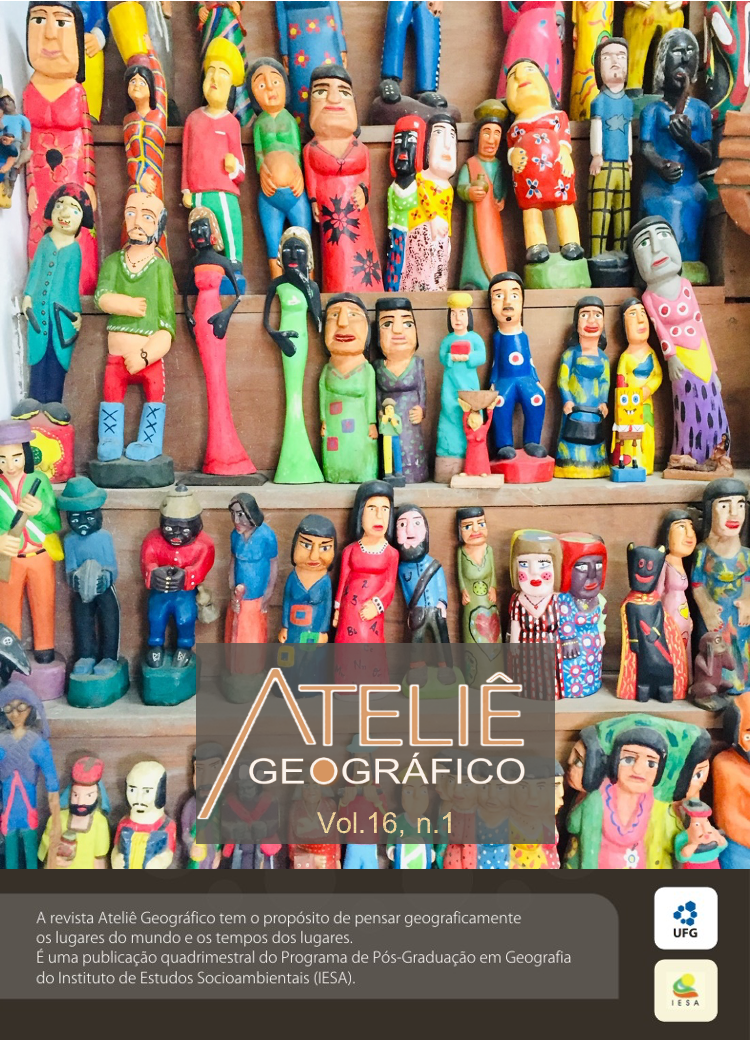Public governance in the tourism: polysemy, reflections and implications
DOI:
https://doi.org/10.5216/ag.v16i1.69253Abstract
This study aims to concatenate results from researches carried out individually in the touristic core, in order to understand the discursive formations that enable the understanding of Governance in the context of tourism. The IRaMuTeQ 0.7 Alpha 2 software was used to assist in the interpretive analysis of the corpus contents and establish a legitimacy status of the inferences and interpretations of Governance by the authors of this study. The results point to convergent and divergent characterizations of Governance among the subdivided groups of articles, fostering polysemy. From the main results, discussions and reflections on the object under study were carried out. One of implications indicated the tendency towards reductionism in the practice of Governance as a participatory and cooperative process, sometimes ritualistic, between public-private partnerships, disregarding the condition of effective action of the actors, arising from the co-productive results of articulation, including in network.
Keywords: Governance. Tourism. Polysemy.
Downloads
Downloads
Published
How to Cite
Issue
Section
License
Autores que publicam nesta revista concordam com os seguintes termos:- Autores mantém os direitos autorais e concedem à revista o direito de primeira publicação, com o trabalho simultaneamente licenciado sob a Licença Creative Commons Attribution que permite o compartilhamento do trabalho com reconhecimento da autoria e publicação inicial nesta revista.
- Os autores não serão remunerados pela publicação de trabalhos na Revista Ateliê Geográfico. Além disso, os conteúdos publicados são de inteira e exclusiva responsabilidade de seus autores, ainda que reservado aos editores o direito de proceder a ajustes textuais e de adequação às normas da publicação.
- Autores têm permissão e são estimulados a divulgar seu trabalho online (ex.: em repositórios institucionais ou na sua página pessoal), já que isso pode gerar alterações produtivas, bem como aumentar o impacto e a citação do trabalho publicado (Veja O Efeito do Acesso Livre).


